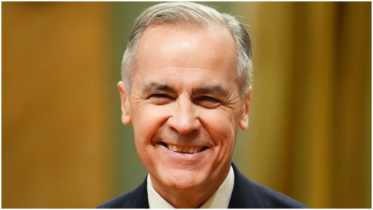Oil demand projected to rise until 2050, IEA report warns of climate risks

Global oil and gas demand is expected to keep increasing for the next 25 years, according to the International Energy Agency’s latest World Energy Outlook. The report marks a sharp change from previous forecasts that predicted a peak in fossil fuel use by 2030, underscoring the continued dominance of oil in the global economy.
The 2025 edition introduces a new Current Policy Scenario (CPS), which assumes that oil demand will reach 113 million barrels per day by 2050, around 13 percent higher than 2024 levels. The scenario suggests that, under existing government policies, global fossil fuel use will not plateau in the coming decades.
This projection contrasts with earlier IEA reports that leaned toward a greener transition. The shift has sparked political debate, with US officials accusing the Paris-based agency of previously underestimating fossil fuel demand. Energy Secretary Chris Wright called past predictions of peak oil unrealistic.
However, the IEA’s updated forecast raises serious environmental concerns. If the CPS outlook proves accurate, global temperatures could rise by 2.9 degrees Celsius above pre-industrial levels by 2100, nearly double the target needed to avoid catastrophic climate impacts.
Critics note that the CPS rests on questionable assumptions. It predicts slower progress in renewable energy, electric vehicles (EVs), and battery technology, while assuming only moderate efficiency improvements in traditional engines. Although EVs already account for about 25 percent of new global car sales, the IEA assumes adoption will stagnate at around 15 percent in markets such as the United States and India, a projection some analysts find overly pessimistic.
The CPS also expects continued growth in gasoline and diesel demand, implying new refinery investments, a scenario unlikely unless oil prices remain high for years. Such price increases, however, would make EVs even more competitive.
The IEA acknowledges that political and economic realities have slowed the global energy transition, particularly after Russia’s 2022 invasion of Ukraine, which shifted priorities toward energy security. The United States’ withdrawal from the 2015 Paris climate accord under President Trump and the rollback of green policies have also weakened global efforts.
Still, the agency warns that failing to accelerate the shift to clean energy will have severe economic consequences. Despite short-term challenges, global investment in clean energy is projected to hit 2.2 trillion dollars in 2025, a sign that the transition, though uneven, remains underway.
.png)




